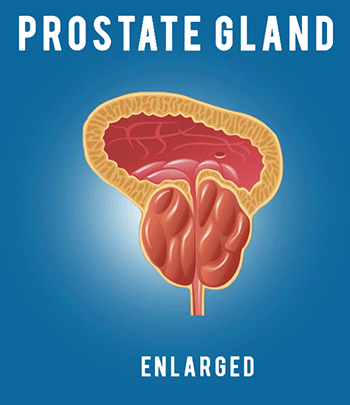The Dilemma of Prostate Screening
The Dilemma of Prostate Screening
The early detection of cancers is extremely important, since in general it greatly enhances the chances of successful treatment, but the dilemma of prostate screening is that there is as yet no reliable screening test.
Traditionally there has been the rectal digital examination which only gives an indication that the prostate is enlarged which it is in most men over 50 to some degree or other. Some doctors reckon they can tell whether the gland is hard or soft to prodding but this is far from an exact diagnostic test. The PSA or prostate-specific antigen test has been the main indicator of prostate cancer for some time now but again has been shown to be unreliable.
An article here explains that:-
“Prostate-specific antigen (PSA) is a substance made by cells in the prostate gland (both normal cells and cancer cells). PSA is mostly found in semen, but a small amount is also found in the blood. Most healthy men have levels under 4 nanograms per milliliter (ng/mL) of blood. The chance of having prostate cancer goes up as the PSA level goes up.”
However quite often men have test figures above 4 without any signs of cancer, whilst others with a low figure do have a growing tumour.
A useful article about the situation explains thus:
“When PSA screening became widespread there was an increase in diagnosed prostate cancers. That would make sense – when you start looking for it, you are likely to find it. Part of the reason is that the presence of prostate cancer is fairly common as men age. Men have a 16 per cent lifetime risk of developing prostate cancer, but most of these cancers do not become evident. Autopsy studies show that prostate cancer is present in two-thirds of men over age 80 and in one-third of younger men.”
“A man’s lifetime risk of dying from prostate cancer is just under 3 per cent. His risk of dying from influenza or pneumonia is about the same from age 65-74 and three times that from age 75-84. His lifetime risk of dying from heart disease is 18 per cent.”
“A test is termed “screening” when the problem being screened for is not known to be present but could be. Ideally a screening test for cancer should be positive when the cancer is present and negative when it’s not.”
“There are problems with the PSA test – there is no positive or negative. The result is a number – a measure of the amount of the chemical in the blood. When the number is really high, the man likely has prostate cancer, but when it’s only a little high, there are many other possible reasons for it. Plus, prostate cancer can be present with a low level of PSA. It’s just not a specific enough test for screening.”
“Given the fact that prostate cancer is common but death from it is not that common, a biopsy proven prostate cancer might not cause a man’s death, particularly if he is older. So treatment may be more harmful than not doing anything. But how many people are comfortable knowing they have cancer but not treating it? Maybe it’s better not to look for it.”
“Those who treat prostate cancer point to a recent study in Europe that showed a statistically significant reduction in cancer deaths when men with PSAs over 3 are biopsied. However, more than 1,000 men need to be screened to prevent one cancer death; 37 total cancers would be found and presumably treated with no prevention of death. It is important to point out that there was no difference in total deaths from any reason between the screened group and the group that was not screened. This study means that while screening will find more prostate cancers, it makes no difference in death rates.”
Thus the dilemma of prostate screening is whether to test older men routinely, and if so how best to do it. There are some refinements in testing being introduced where a man has been found to have a routine PSA figure above 4. These measure the percentage of free PSA circulating in the blood compared with the total amount, PSA velocity over time, and PSA density. It is to be hoped and expected that prostate cancer screening will become more reliable in the fairly near future.



